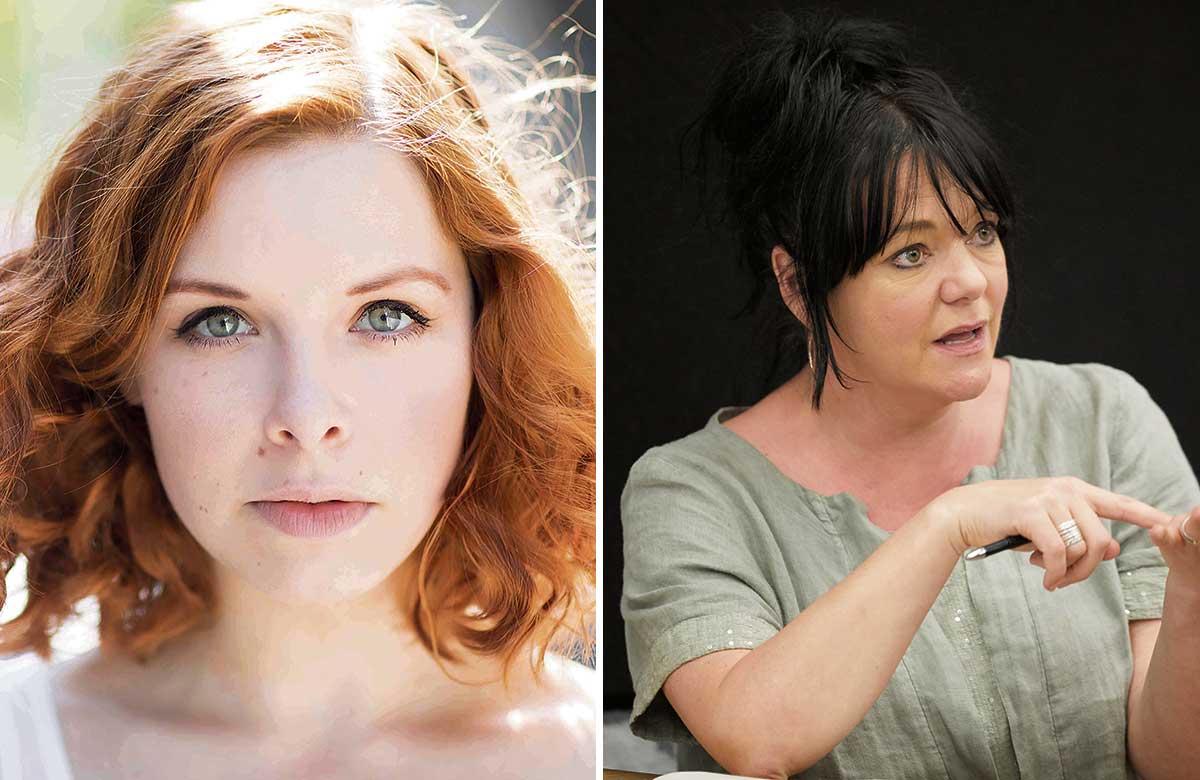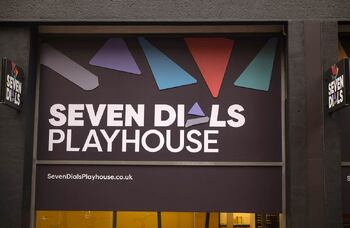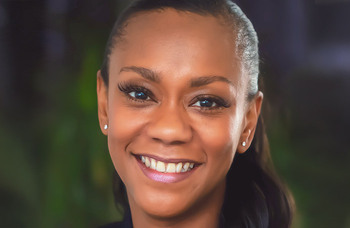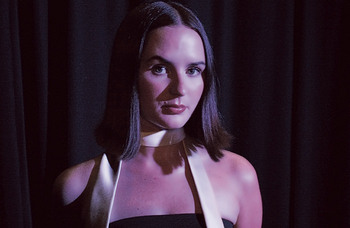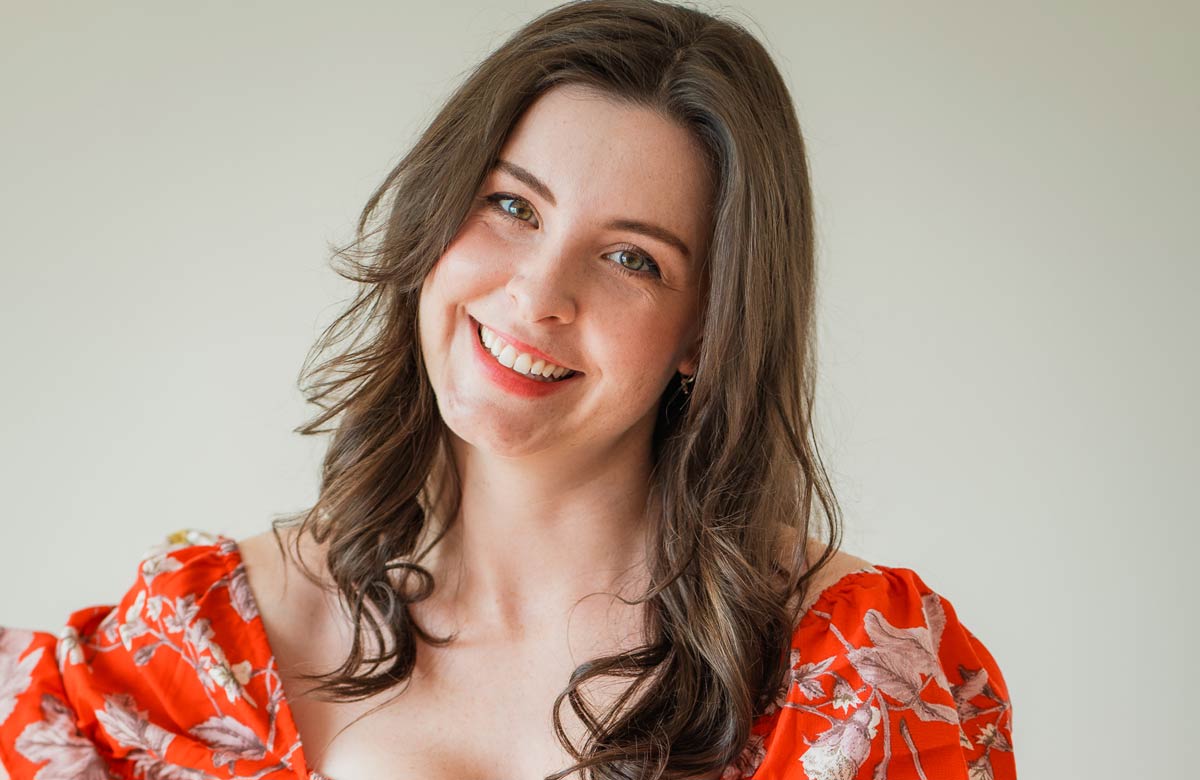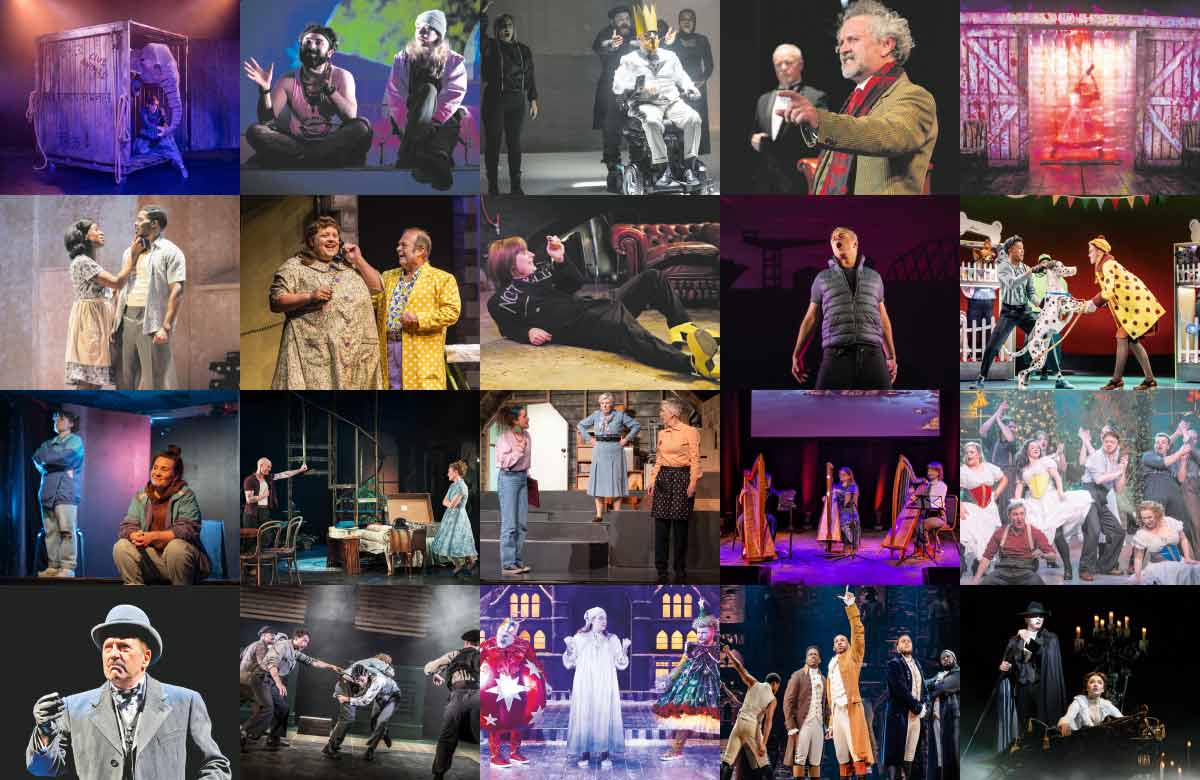Expert advice on how to prepare for your drama school auditions
Gearing up for drama school auditions can be a daunting process. Tutors, lecturers and audition panellists from schools including RADA, LIPA and the Royal Conservatoire of Scotland tell Samantha Marsden how potential students can prepare themselves
Follow guidelines
Drama schools have detailed guidelines on what to prepare for your audition – be careful because schools vary. Some schools ask for a self-tape for the initial stage, whereas others want to see you in person. Some want a classical piece alongside contemporary pieces for the first audition, and others may want the classical piece on a second round. The first step to getting into drama school is to follow the schools’ guidelines and instructions correctly. Arriving at an audition with the wrong material does not make a good first impression. Schools are looking for students who do their research and who they can work with.
Choose your speeches carefully
Many soon-to-be auditionees find choosing their monologues a difficult task. The key is to select monologues that you can emotionally connect with – your execution of the speech matters more than the content.
Doing something you think might be new, for example writing your own speech, or putting dialogue from a TV show together, is unlikely to make you stand out in a good way – it’s more likely to become a distraction from the real work. Stand out by doing the deep work, becoming fully connected to the character yourself, and by giving a fully embodied and believable performance.
Try speeches that show different parts of you. Patricia Logue, senior lecturer in acting at the Royal Welsh College of Music and Drama, says: “Make sure your speeches have contrasting content and circumstances for each character and feel free to prepare a speech that was originally written in a different gender to your own.”
Nona Shepphard, associate director and chair of audition panel at RADA, says: “Choose at least one speech – if not all – from a character close to your age. Choose a speech to which you feel connected, which you are excited to play and can imagine playing one day. Don’t worry about whether it is well known or not. Read the play from which the speech is taken and understand the circumstances the character finds themselves in at the beginning of the speech. Use your natural speaking voice for the classical speech.”
What is the panel looking for?
Every drama school wants to see you. They want you to walk into that audition room with your defences down – with the ability to connect intellectually and emotionally to a variety of characters. Seek authenticity, not perfection.
Shepphard says: “We are looking for people to train, so we need to see where you are in the work now. Don’t feel you have to ‘perform’ – just be truthful, believable and alive in the moment.” She adds: “Show us your work as simply and clearly as you can, be yourself and enjoy the process.”
Schools are looking for talent, commitment, authenticity and an open mind, not qualifications. Logue explains: “We know that talent and potential aren’t always reflected in formal qualifications. We’re looking for motivated, diverse and talented actors with great instinct and a willingness to take risks, and so a range of experiences, skills and competencies will be taken into account.”
Be yourself
Sometimes it can be tempting to get over-directed by well-meaning teachers, and/or parents, but schools want to see you, and your take on a character, not someone else’s.
A lot of the advice you will receive is: “Be yourself.” But it can be hard knowing who you are. So don’t panic if you haven’t got the ‘Who am I?’ question figured out yet. A lot of the panellists won’t know the answer to that question for themselves either. But do make sure you’re not wearing any masks or defences. Try to be as open and as in the moment as possible, this will allow the essence of you to shine through – even if you don’t fully know who that is yet.
Will Hammond, head of acting at the Liverpool Institute for Performing Arts, says: “We want to get to know you – the individual. That’s what is at the forefront of our minds as panellists at an audition. We’re interested in interesting individuals, so have faith and trust that you are enough. When selecting your audition material, don’t try to give us what you think we want, select material that resonates with you – that matters to you. Use the material to tell us a story about yourself. Your audition pieces should be contrasting though. Show us, for example, that you can be vulnerable and honest – that you feel. But also, that you can be anarchic or chaotic. Choose something that allows you to be free and let go of your inhibitions.”
Remember the panel is on your side
The panel wants you to succeed. Its members want the audition to be a safe space for you to shine and to be you – but there is only so much they can do to put you at ease, you play a big part in making the audition a safe space for yourself.
Joyce Deans, head of acting at the Royal Conservatoire of Scotland, says: “The audition is an opportunity for us to get to know you, so relax and be yourself. Tell us why you’d like to study with us, what inspires you, and where you’d like to see yourself in the future. Also, don’t forget that everyone on the panel has been in your shoes, so they know exactly how you’re feeling and will be willing you on.”
Ali de Souza, associate head of acting at RCS, adds: “We understand that auditions can feel daunting but don’t feel overwhelmed or nervous – we want you to succeed.”
How do I prepare a self-tape?
At some drama schools the first round of the audition is via self-tape. The self-tape can be tricky to get right, and it’s recommended that you research how to make one that will best showcase you. The school might offer guidelines, but there are also many resources online on how to make one.
Ashley Byam, actor and audition panellist at Oxford School of Drama, says: “A good trick is to set up the frame on your camera and then set markers on the floor, so whether that be a broom or books either side of you, then you know you have enough room to move from side to side – so that you can move around a bit more and you are not stuck in one place.”
Don’t get sucked into other people’s energy or drama
It can be hard to know how to handle yourself in the waiting room. It’s likely there will be a lot of different energies and emotions flying around, possibly even dramas. Try to stay connected to yourself and do whatever it is you need to do to stay grounded. Rebecca Brewer, who has been on the audition panel for Guildford School of Acting, says: “Don’t be put off by other auditionees who seem louder and more confident than you. It’s not about that.”
Getting into an acting or musical theatre course at drama school is no easy feat, with thousands applying for only a few dozen places. Try to stand out by being yourself and doing the work, rather than employing gimmicks that distract from the art. Preparation, staying grounded and authenticity will set you ahead.
Opinion
Recommended for you
Advice
Recommended for you
Most Read
Across The Stage this weekYour subscription helps ensure our journalism can continue
Invest in The Stage today with a subscription starting at just £5.99
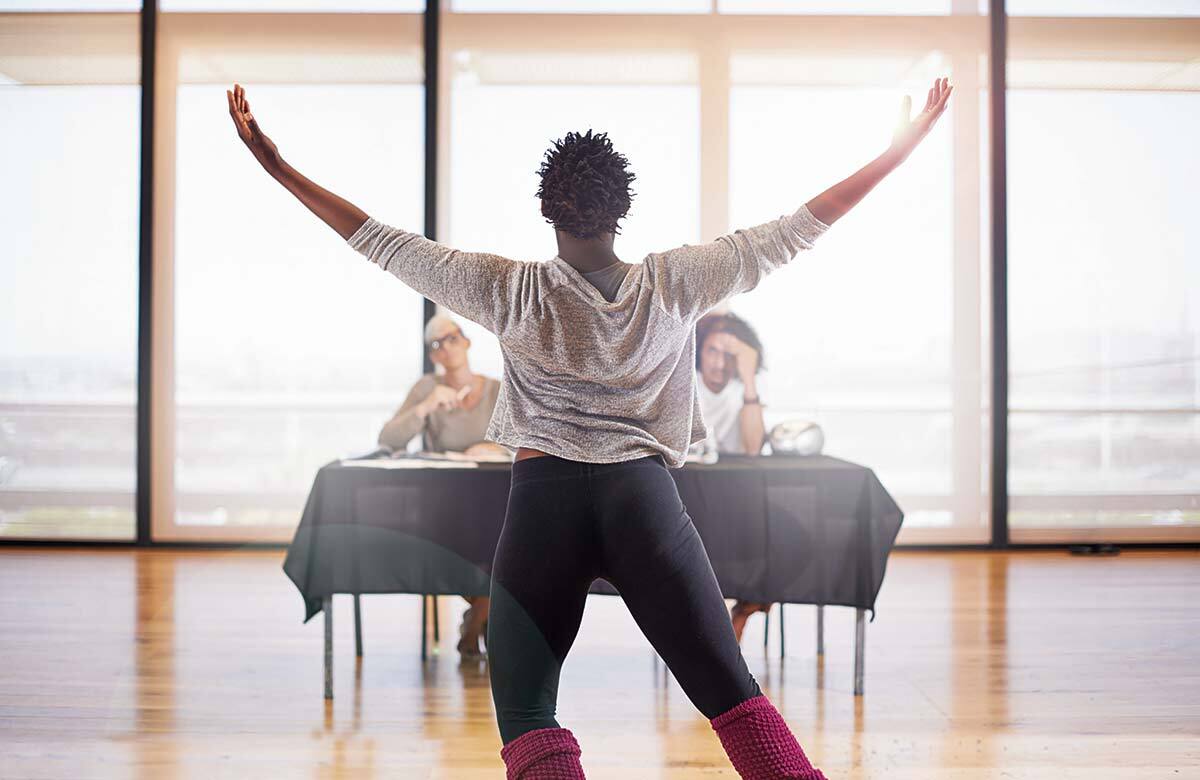
 Samantha Marsden
Samantha Marsden



